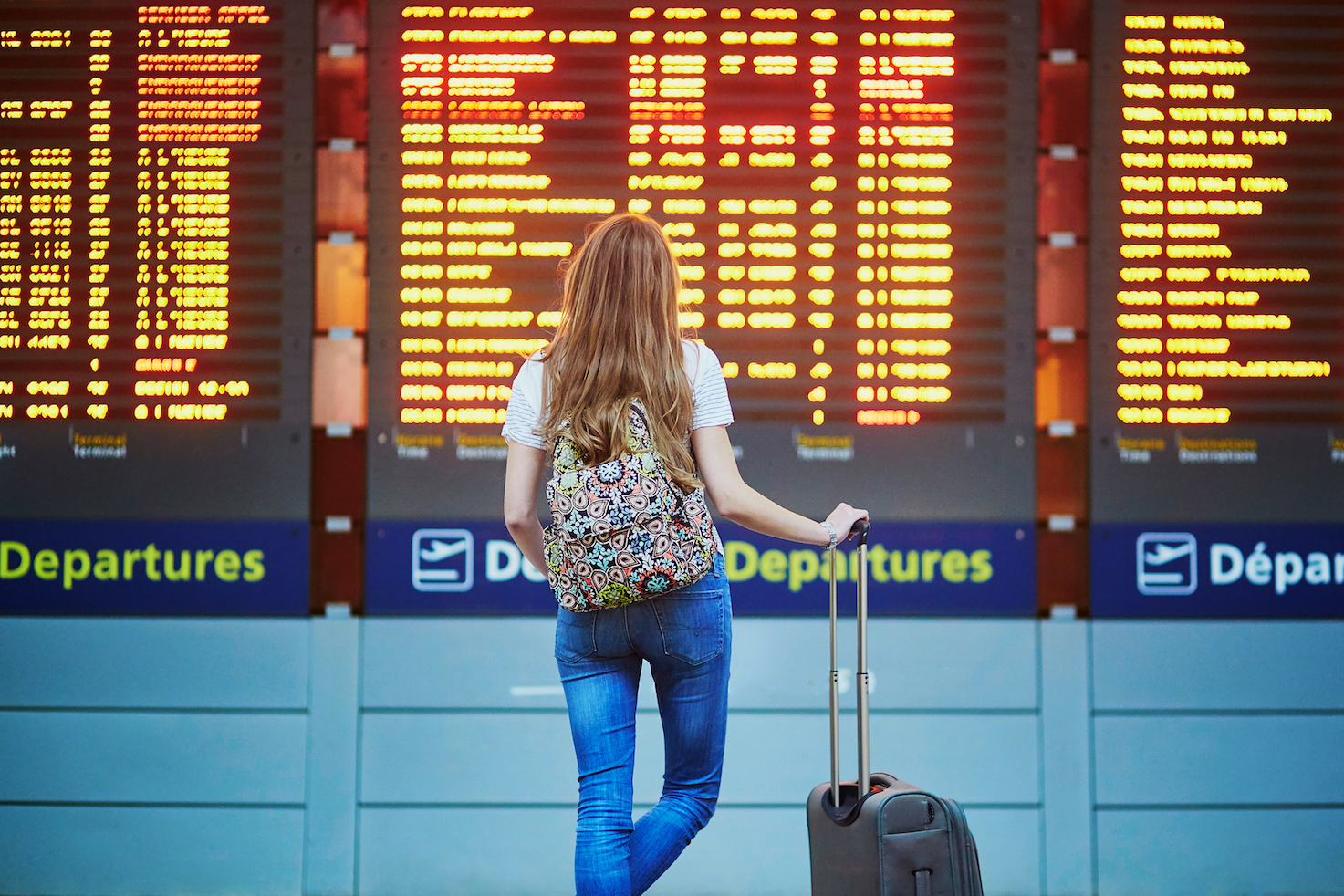
Changing airplane boarding procedure could reduce spread of germs
Airplanes filled to capacity with people in close proximity to one another create perfect breeding grounds for spreading infectious diseases. And although waiting to board and depart a plane can feel like it takes forever, new research shows that waiting a little longer to board your flight could be the key to reducing the spread of infection.
When epidemics occur, like the 2014 Ebola outbreak, flights can be grounded and travel warnings sent out for potential visitors to and from regions of the world where the infection is spreading. This is, in part, due to how easily infectious diseases can spread on airplanes.
But a simple change in boarding procedures could help mitigate the spread of infection, according to research conducted by Ashok Srinivasan, a Florida State University Associate Professor of Computer Science.
The goal of most airlines is to get passengers on and off flights quickly and efficiently. But these speedy boarding times and boarding zones create the perfect conditions for germs to spread.
“It turns out that procedures that are generally good at getting people onto a plane very fast are also very bad at preventing infection,” said Srinivasan.
Srinivasan used the Blue Waters supercomputer located in the National Center for Supercomputing Applications to create complex simulations that factored in details that regular computer processing systems would take years to calculate, such as behavioral patterns of stragglers and how long a passenger takes putting luggage in the overhead.
The simulations revealed that the primary reason infections were so easily spread was due to the boarding process, where passengers board together in groups in a close proximity for germs to run rampant.
Srinivasan also used the supercomputer simulations to find healthier boarding alternatives to reduce the spread of infection. The researchers found that random boarding would take longer but would also drastically cut the spread of germs.
“On the whole, random boarding does take longer, but if passengers had to choose between getting Ebola and being seated a few minutes later, we suspect they’d prefer the latter,” Srinivasan said.
The results of the research are staggering, showing that with normal boarding procedures in an Ebola outbreak scenario, there would be a 67 percent chance that 20 or more new people would be infected on airplanes. In the same scenario, using random boarding and smaller planes, that number diminishes to 13 percent.
Of course, airlines want to fill their planes to capacity and fit as many seats in their cabins as possible. But according Srinivasan’s research, this could prove dangerous if another outbreak occurs.
—
By Kay Vandette, Earth.com Staff Writer













